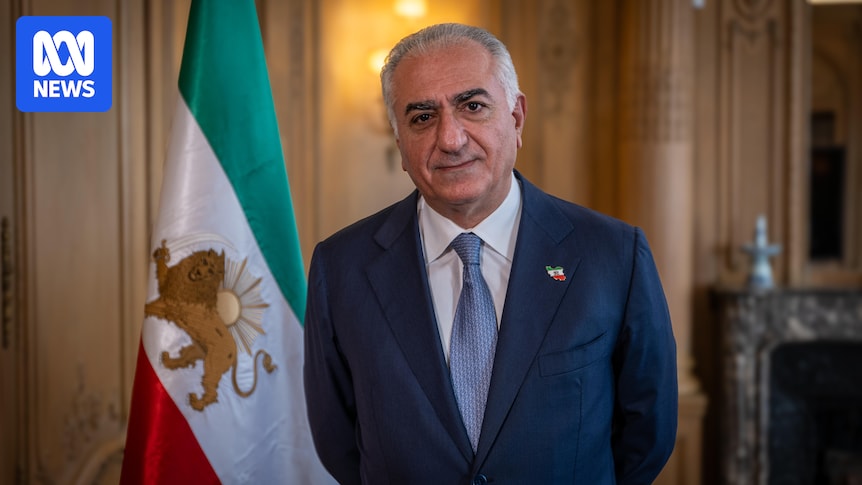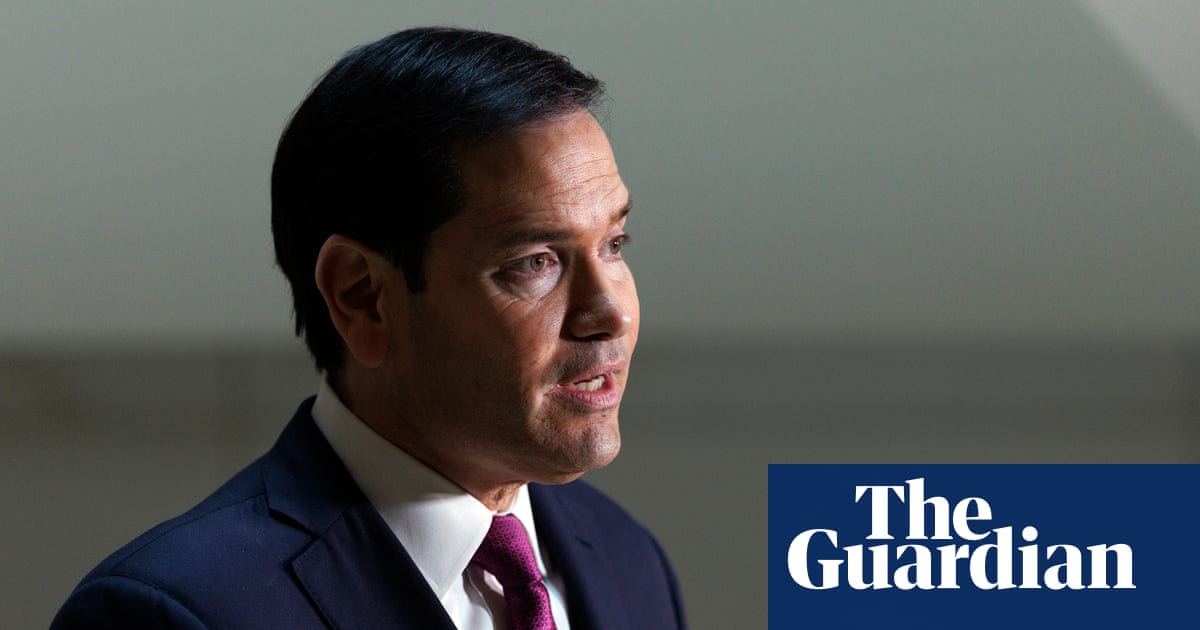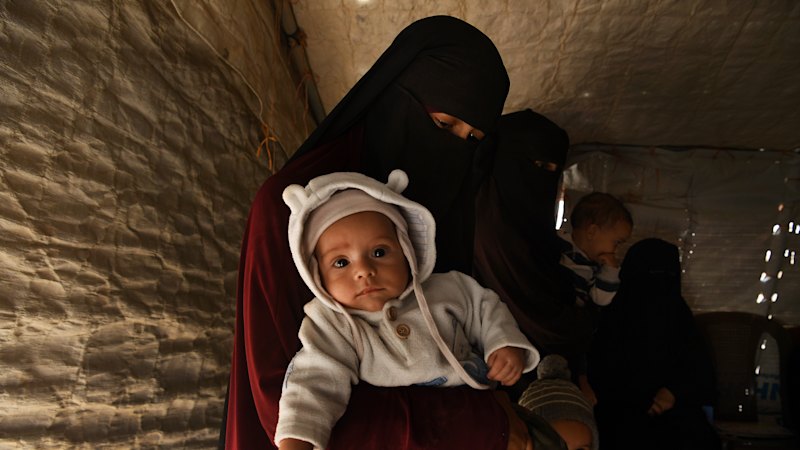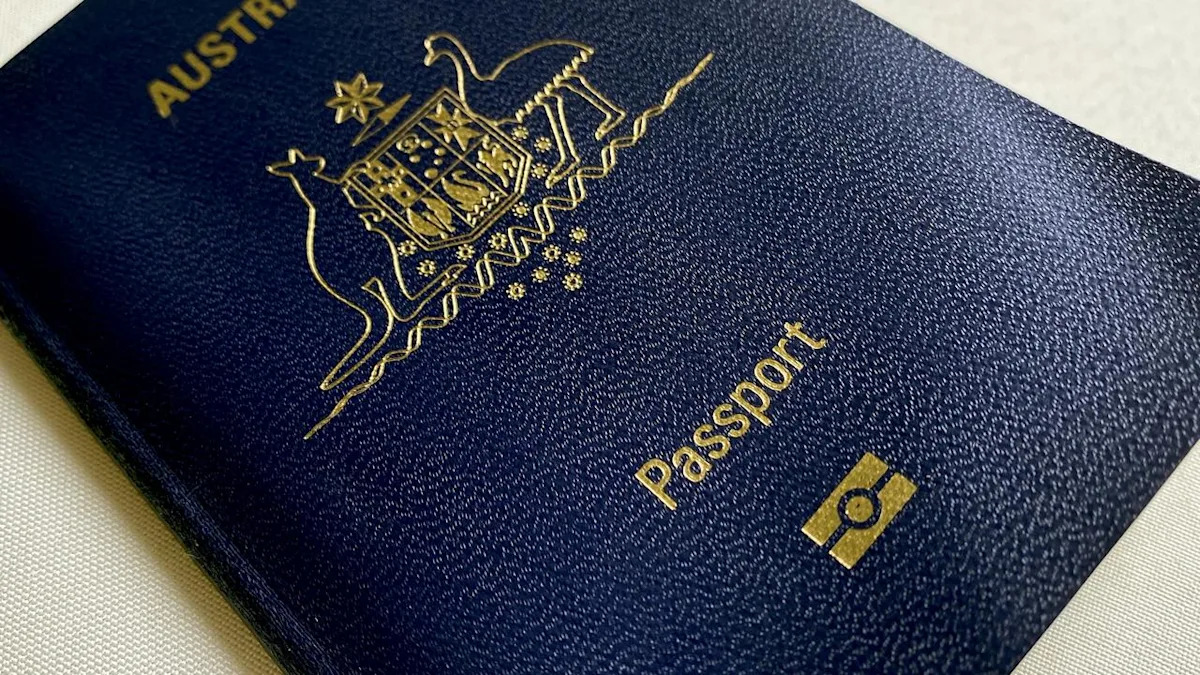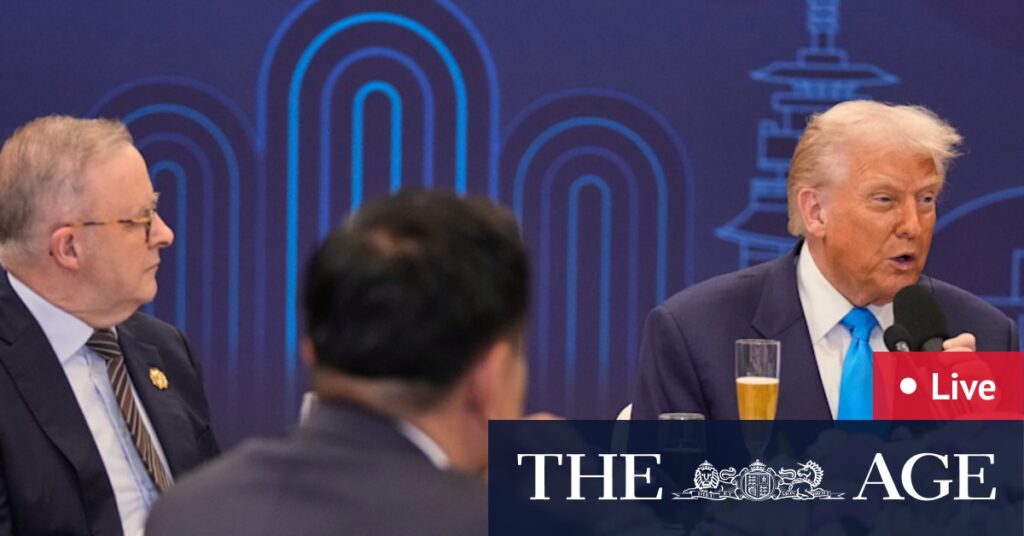
Sudanese paramilitary forces have reportedly killed hundreds at a hospital in North Darfur, marking a grim escalation in the ongoing conflict. According to the United Nations, displaced residents, and aid workers, the Rapid Support Forces (RSF) seized the provincial capital of North Darfur, committing atrocities that have shocked the international community.
The World Health Organization (WHO) reported that approximately 460 people were killed on Tuesday at the Saudi Hospital in the city of el-Fasher. WHO Director-General Tedros Adhanom Ghebreyesus expressed horror at the incident, stating, “all attacks on health care must stop immediately and unconditionally.”
Details of the Atrocities
Witnesses and medical groups have described the hospital as a “human slaughterhouse.” The Sudan Doctors Network, which tracks the war, reported that RSF fighters “cold-bloodedly killed everyone they found inside, including patients, their companions, and anyone else present in the wards.” The RSF’s assault extended beyond the hospital, as they reportedly went door-to-door, attacking civilians, including women and children.
Many victims were killed by gunfire in the streets, some while attempting to flee. The violence underscores the severe humanitarian crisis that has engulfed Sudan, with the United Nations labeling it as “the world’s worst humanitarian crisis.”
International Reactions and Calls for Action
The international community has reacted with outrage. UN Secretary-General António Guterres has expressed deep alarm over the continued influx of weapons and fighters into Sudan. Meanwhile, the United Arab Emirates, accused of supporting the RSF, faces renewed calls to disengage from the conflict, an allegation it denies.
Both the RSF and the Sudanese military have been accused of war crimes, with the United States and other Western powers imposing sanctions. In January, the US accused the RSF of committing genocide during the civil war.
“The US in January said the RSF have committed genocide during the country’s ongoing civil war, which the UN has described as ‘the world’s worst humanitarian crisis.'” — AP, Bloomberg
Political Implications and Future Steps
The massacre at the Saudi Hospital has intensified calls for renewed peace talks. World leaders are urging for immediate dialogue to halt the violence and address the humanitarian needs of the Sudanese people. The ongoing conflict has led to widespread displacement and suffering, with millions in urgent need of aid.
As the situation unfolds, the international community continues to monitor developments closely, with hopes of brokering a ceasefire and initiating peace negotiations. The path forward remains uncertain, but the need for a resolution is more pressing than ever.
Related Developments: Environmental Legislation in Focus
In a separate development, Greens Senator Sarah Hanson-Young has voiced opposition to the Australian government’s proposed environmental law reforms, which are set to be introduced today. She argues that the legislation is overly lenient towards businesses and fails to adequately protect the environment.
Hanson-Young criticized the reforms, stating, “We think this has been written to satisfy the big businesses and the mining lobby. They’ve got their fingerprints all over it.” She emphasized the need for thorough scrutiny, advocating for a Senate inquiry to allow community input.
“There’s no protection for our native forests, there’s no protection for the climate. This bill looks pretty shoddy at the moment.” — Sarah Hanson-Young
The bill is expected to pass the House of Representatives next week, where the government holds a majority. However, its success in the Senate hinges on support from either the Coalition or the Greens. The government aims to pass the legislation by the end of the year.
As both Sudan’s conflict and Australia’s legislative debates unfold, the global community watches closely, aware of the broader implications each holds for international stability and environmental stewardship.
